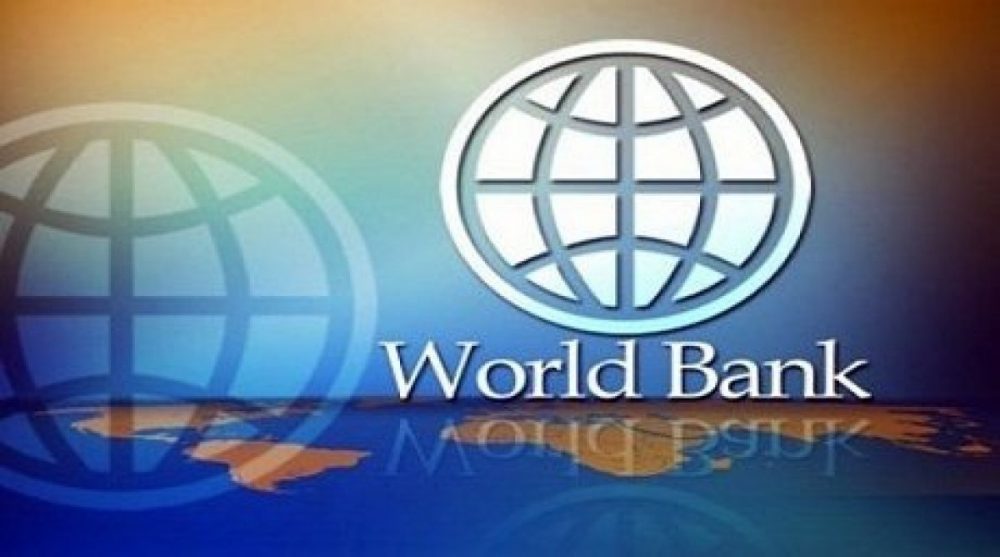
Kathmandu: The World Bank Group has urged Nepal for comprehensive and scaled-up climate action so that climate change will not continue to jeopardize gains in Nepal’s human development and poverty reduction.
To respond to this challenge, Nepal is already implementing steps to recalibrate its economy by adopting a Green, Resilient, and Inclusive Development (GRID) approach, it said while making public a report on ‘Nepal Country Climate and Development Report-2022’ here on Thursday. Nepal is further urged to adapt its development pathway to a changing climate.
“Global warming and climate change are already affecting Nepal’s gross domestic product. Increased flooding, heat stress on labor productivity and health, and heat stress on crops and livestock are expected to be a continual drag on growth,” the report said, adding that women, indigenous people, and other marginalized groups are often excluded from mainstream development and suffer from cumulative and cascading impacts of climate change and disasters.
Similarly, the report mentioned that Nepal has begun to put in place the necessary policy framework, such as the 2019 National Climate Change Policy, the 2022 Solid Waste Management Policy, the 2022 Forest Regulation, and the 2022 Land Use Regulation. However, implementation of this reform agenda and prioritization of investments is incipient, the report observed.
Moreover, enhanced prioritization and efficiency of public expenditure are required to maximize climate and development benefits. The report outlines four priority system transitions that are fundamental to addressing the risks that climate change poses to Nepal while also providing opportunities for improving the quality and sustainability of economic development: (a) improving systemic resilience of rural landscapes including food, freshwater, and forest systems to boost adaptation, livelihoods, and food security; (b) harnessing Nepal’s significant hydropower opportunities; (c) managing urbanization and environmental quality to build resilience and improve health; and (d) strengthening Nepal’s low-carbon, resilient connectivity—particularly roads—to improve the country’s growth and services.
Three key enabling themes are also outlined by the report to help support the priority system transitions toward a greener future for Nepal: strengthening the resilience of people and community assets through early warning systems, shock-responsive safety nets, and access to quality skills training; embedding disaster risk management at all tiers of government and across all sectors; and prioritizing Nepal’s funding needs by convening and coordinating financing for climate action.
















